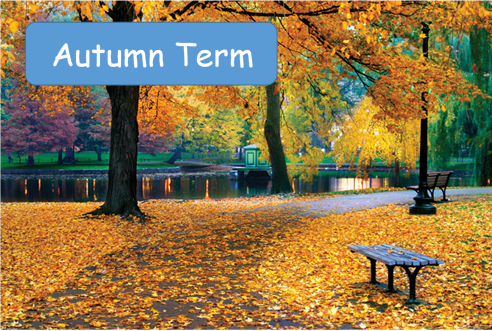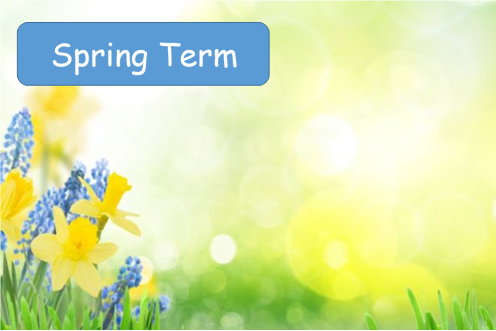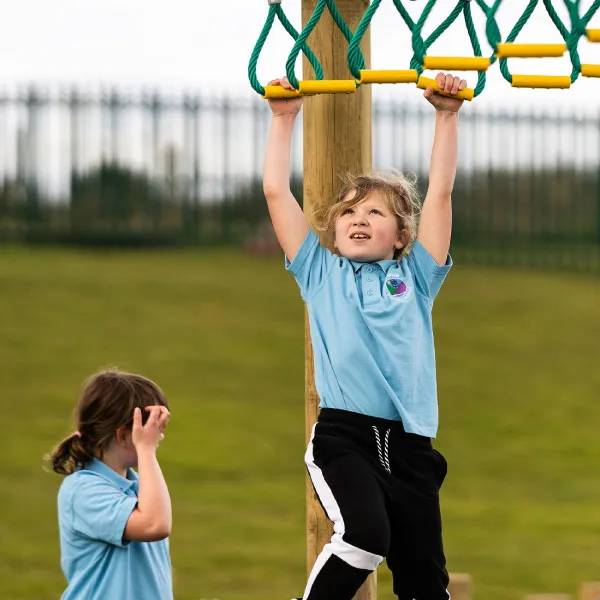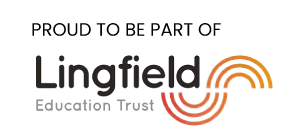Our class teacher is Mrs Robson and our teaching assistants are Mrs Latheron, Miss Schumm, Miss Smith, Mr Bates and Miss Wnek.
The Early Years Foundation Stage incorporates the period of learning and development from birth to 5 years old. At Lingdale, we offer two-year-old provision and have a Nursery and Reception class. We offer 30 hours provision for Nursery children.
Ethos and Vision
At Lingdale, we have the highest expectations and aspirations for our children and the community we serve. To support this, our vision and motto is ‘Working together to be the best that we can be.’ Children are at the heart of our small, family village school and everyone is valued within our ethos of mutual respect.
We have three simple rules for our children to follow:
Be safe – Our EYFS children have a responsibility to tidy up after themselves, walk when inside and use kind hands and feet.
Be ready – Our EYFS children have a responsibility to listen carefully, work hard and try their best.
Be respectful – Our EYFS children have a responsibility to listen to others, be honest, use kind words, and share.
Intent, Implementation and Impact
In EYFS at Lingdale Primary, we follow the ‘Statutory framework for the early years foundation stage’ and have designed our own curriculum to support us in our work in both Nursery and Reception. It sets out the seven areas of learning and development:
Prime areas
- Communication and Language
- Physical Development
- Personal, Social and Emotional Development
Specific areas
- Literacy
- Mathematics
- Understanding the World
- Expressive Arts and Design
At Lingdale, our delivery of the EYFS curriculum is based on quality texts and aims to provide a variety of opportunities for our children to develop as independent, resourceful, happy and positive learners. We want our children to have a desire to learn new things and challenge themselves each day. We work extremely hard with the children to develop their independent learning skills and their approach to challenge. We aim to create opportunities for children to communicate more easily through developing language and communication skills and specifically teaching vocabulary. Every child is recognised as a unique individual and we celebrate and welcome differences within our school community.
There are four guiding principles that shape practice in our EYFS. These are:
Unique Child – Every child is a unique child who is constantly learning and can be resilient, capable, confident and self-assured.
Positive Relationships – Children learn to be strong and independent through positive relationships.
Enabling Environments – Children learn and develop well in enabling environments, in which their experiences respond to their individual needs and there is a strong partnership between practitioners, parents and carers.
Learning and Development – Children develop and learn in different ways. The framework covers the education and care of all children in early years’ provision, including children with special educational needs and disabilities.
Implementation – how we teach what we teach?
Our EYFS children learn through a balance of child-initiated and adult-directed activities. The timetable is carefully structured so that the Reception children have rigorous directed teaching in English, maths and phonics daily. We use questioning to encourage our children to query the world around them and through their own exploration they develop their independence, communication, creativity, and problem-solving skills.
Children are provided with plenty of time to engage in ‘exploration’ throughout the variety of experiences carefully planned to engage and challenge them in the provision. The curriculum is planned for the inside and outside classrooms and equal importance is given to learning in both areas. The curriculum is planned in a cross-curricular way to enable all aspects of the children’s development including understanding the world and expressive arts and design, as well as to promote sustained thinking and active learning.
Planning is flexible to meet the needs and interests of our children. In order to ensure broad and balanced learning, practitioners plan adult-led targeted learning opportunities. These adult-led learning opportunities are planned based around our current reading book, which will provide the overarching theme of our learning for around 3 weeks.
Our curriculum is the cultural capital we know our pupils need so that they can gain the knowledge, skills and understanding they require for success. They can only do that if we embed the right habits for learning through the Characteristics of Effective Teaching and Learning – Play and Exploration, Active Learning and Creative and Critical Thinking.
Playing and exploring – Children investigate and experience things and are willing to ‘have a go’
Active learning – Children try their best and persevere even when they face challenges
Creating and thinking critically – Children develop their own ideas both independently and in collaboration with others
Our learning environment is engaging and well organised; all resources are clearly labelled and accessible. Enhancements are made based on the interests of the children, the class topic or the learning and development needs of the children. The provision areas are regularly assessed and are adapted or changed to interest and excite the children.
Reading is at the heart of our curriculum and our aim is to encourage a love of reading right from the start. Children follow the rigorous and highly successful Little Wandle program faithfully. We provide high-quality texts to create an integrated approach to learning from which pupils can experience the full curriculum.
There is an emphasis on studying key skills of number, calculation and shape so that pupils develop deep understanding and the acquisition of mathematical language. Our pupils learn through games and tasks using concrete manipulatives which are then rehearsed and applied to their own learning during exploration. Nursery pupils begin to develop these key skills during maths meetings where they explore colour, measure, pattern, sorting, quantities, shape, number and counting awareness. These early mathematical experiences are carefully designed to help our pupils remember the content they have been taught and to support them with integrating their new knowledge across the breadth of their experiences and into larger concepts.
Impact – how well do we know what pupils have learnt and how well they have learnt it?
Our curriculum needs to meet the needs of our children, including our disadvantaged pupils and those with SEND, so we spend time looking at and evaluating how children are learning. This is achieved through talking to children, looking at their work, observing their learning experiences and analysing data and progress by year group, class, groups and individuals. Every member of staff uses ongoing observational assessment to identify children’s starting points and plan experiences that ensure progress. This information is recorded on Evidence Me and in floor books. We use this information on a weekly basis to plan learning experiences and next steps so that knowledge and skills are built cumulatively. There are ‘checkpoints’ to assess whether children are progressing at particular points throughout the academic year. This information is recorded on a tracking system.
With a balance of child-initiated and adult-directed activities, and an engaging learning environment, our EYFS children are learning effectively all the time.

Please click on the links below for an overview of our curriculum and more information about Nursery and Reception:
Please click on the images below to find out what we have been doing each term:
| EYFS Policies & Documents | Download |
| Intimate Care Policy | Download |
| EYFS Policy | Download |






